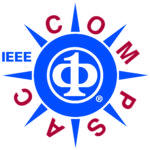COMPSAC 2023 Symposium on Human Computing & Social Computing
Technical Program
*= in-person presentation in Torino
AGAA: An Android GUI Accessibility Adapter for Low Vision Users
Yifang Xu, Zhuopeng Li, Huaxiao Liu and Yuzhou Liu
Is Twitter a News Source or a Social Platform: A Case Study of Covid-19 Vaccine Conversations
Aditi Dubey, Likhitadevi Athina and Swapna Gokhale
Computing technologies are embedded in every aspect of human life. Rapid development of computing technologies for addressing individual, social, and community needs have made them inseparable parts of human life. These interactions, including both human interactions with each other and with computing systems of any kind, are playing increasingly important roles. Examples of such interactions include but are not limited to improving human life and wellbeing, discovering knowledge, enabling personalized and context-sensitive services, detecting interesting events/phenomena in the natural environment, enhancing system performance, etc. Such widespread use of computing technology also raises novel questions surrounding accessibility of use, legal and ethical issues of information creation, capture and sharing, and privacy of users. The HCSC symposium seeks full papers (10 pages max) and short papers (6 pages max) that concentrate on:
1) Interaction with computing systems and with each other through computing systems and environments;
2) Interactions between humans and other agents on social networking platforms to predict user and group behavior, study social phenomena and discover knowledge;
3) Designing accessible computing technology;
4) Emerging technology such as wearable sensors and mobile technology aiming to improve well-being;
5) Emerging challenges related to technology usage in everyday life (privacy risks, ethical and legal challenges).
We welcome papers with emphasis on one or both topics of human-centric computing and social computing. In particular, topics of interest in HCSC include but are not limited to:
- Human-centric system and interface design and evaluation for health and well-being;
- Interactive visualization, representation, and modeling of Big Data;
- Ethics in Computing;
- Context-aware and situation-aware computing;
- Design of affective technology;
- Social computing approaches and tools, such as social search, social network analysis and visualization;
- Social multimedia services and tools;
- Qualitative and Quantitative study;
- Design and analysis of Social communication systems;
- Social multimedia knowledge discovery;
- Verification and quality aspects of social media information and content;
- Privacy issues in everyday computing devices and social networking environments.
Paper Templates
IEEE Paper templates are available in MS Word 2003 and LaTex. All submissions must use US 8.5×11 letter page format.
Important Dates
Main Conference/Symposium
Main conference/symposium papers due: 15 January 2023Extended to 15 February 2023
Notification: 7 April 2023
Camera-ready and registration due: 7 May 2023 Updated: 18 May 2023
Journal then Conference Submissions
Due date: April 7, 2023
Notifications: April 30, 2023
Workshops, Fast Abstract, SRS Programs
EXTENDED: Workshop papers due: 21 April 2023
UPDATED: Notifications: 7 May 2023
UPDATED: Camera-ready and registration due: Updated: 18 May 2023
Submission Link
Please submit your paper on EasyChair
IEEE Conference Publishing Policies
All submissions must adhere to IEEE Conference Publishing Policies.
IEEE Cross Check
All submission will be screened for plagiarized material through the IEEE Cross Check portal.
HCSC Symposium Chairs
Katsunori Oyama, Nihon University
Email: oyama.katsunori@nihon-u.ac.jp
Shameem Ahmed, Western Washington University
Email: shameem.ahmed@wwu.edu
Hua Ming, Oakland University
Email: ming@oakland.edu
Program Committee
Tatsuya Yamazaki, Niigata University
Wesley Deneke, Western Washington University
Tanvir Irfan Chowdhury, Marshall University
Hideyuki Takahashi, Tohoku Gakuin University
Silvia Mirri, University of Bologna
Mu-Chun Su , National Central University
Kenneth Fletcher, University of Massachusetts Boston
Hasan Ferdous, The University of Melbourne
Caroline Hardin, Western Washington University
Shri Mare, Western Washington University

